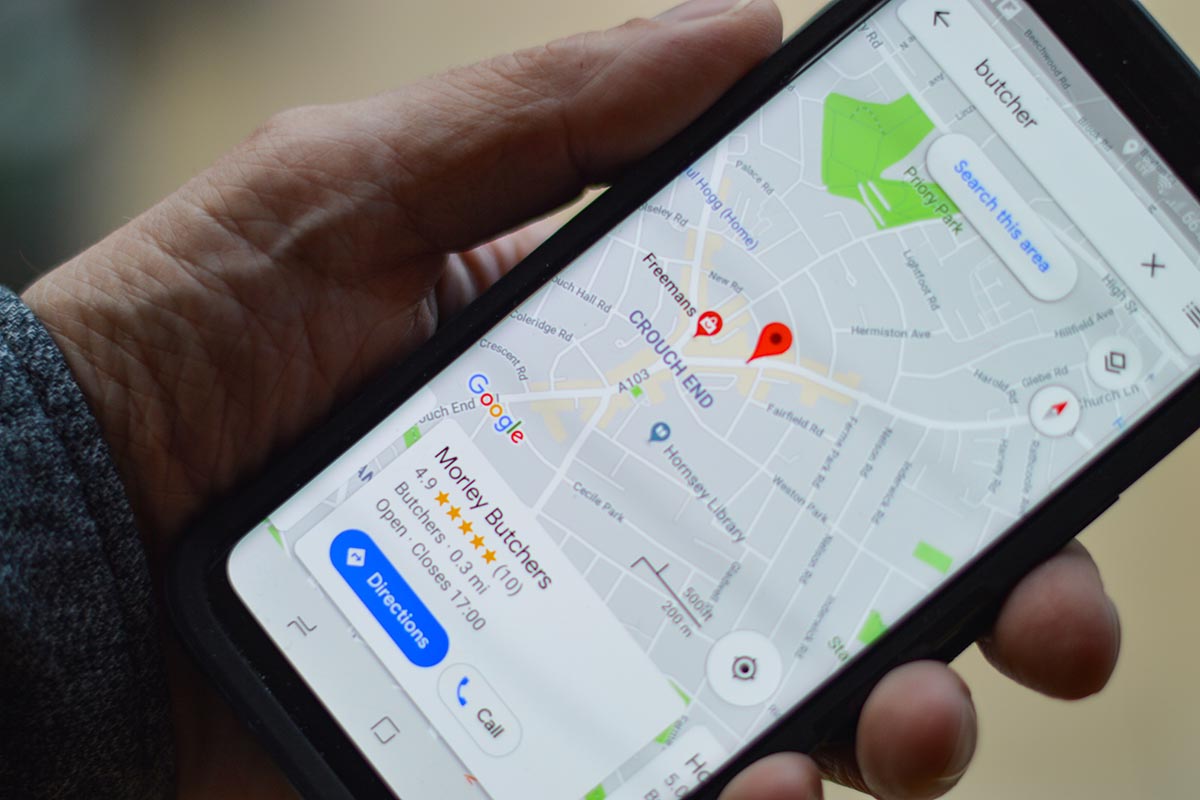Looking At Location Landing Pages Through A Lens
Once, web presence was a relatively simple thing to get right, but as competition continues to heat up online, a ‘successful’ web presence requires a lot more input than it used to. Notably, in an age where ‘near me searches have increased by around 200%, consumers now require the ease of online offerings without necessarily compromising on local business support.
This is why many modern businesses online could benefit from techniques like those provided by a local SEO company that can not only help to optimize listings but can do so with local requirements in mind. One technique that especially helps to achieve this local focus is that of local landing pages, which ensure relevant, location-dependent searches.
This article considers just a few of the techniques companies are currently using to make sure these location landing pages do land in the right places.
Contents
Identify customer locations
Before local landing pages can do well, any company needs to understand better where their consumers are most often coming from. This is especially crucial considering that your current target market is not guaranteed to be located where you expect. A problem could see your local landing pages turning a wasted effort.
To avoid that, always identify customer locations in advance with the help of tools like Google Analytics or even Audience Insights on Facebook. In both instances, some surprisingly simple research can lead to a clear and concise breakdown of where your conversions are coming from.
This level of understanding makes it possible for you to set clear goals regarding the purpose of your location landing pages, including outreach to entirely new audiences or expanding on small-scale locations from which you’ve only enjoyed a trickle of attention so far.
Create relevance with localized metadata
Regardless of their purpose, even your best location landing page efforts will fall flat if you don’t put relevance at the forefront. Google will undoubtedly fail to list those hard-earned pages in relevant searches if you don’t prioritize the addition of localized metadata, including applicable local keywords, title tags, and meta descriptions that place you as an authority in your chosen area. Further metadata efforts, including relevant and highly-authoritative local external links, can also help your case here.
In each instance, you’re making it far more likely that search engines will pick on these individual landing pages and make sure that all of those ‘near me’ or ‘business in…’ location searches reap the rewards. However, note that Google’s Doorway algorithm does mean location landing pages can get in trouble if they carelessly use these metadata techniques without adding any real value, telling that you want to ensure you’re using these techniques to inform rather than divert.
Optimize for mobile
Mobile searches are typically most prevalent in local listings, perhaps because these searches often happen when consumers are on the go and already willing to head straight to the businesses they find here. This is great news because it points towards ready-made conversions waiting just around the corner, but you won’t be able to enjoy those benefits unless you take steps to optimize your local landing pages for mobile.
Google’s mobile-first indexing system especially means that local landing pages are more likely to rank highly if they factor for mobile use. Further, even to that, local landing pages that respond to portable setups can significantly boost local consumer interest at the moment using a range of techniques that include:
- Responsive page themes and images;
- Simplified navigation;
- Easily digestible content;
- Preloading;
- And more.
Look at local content
Content is key to increasing the relevance of even global rankings, but local pages especially require local content that builds authority and page relevance. Again, this is a great way to provide the value that avoids Google’s dreaded Doorway limitations, and it’s also sure to help you become a trusted local resource.
To be successful, ‘locally’ produced content should especially include press releases about local awards/community work, blog posts about your local area, and videos that follow a day in the life of local staff.
In each instance, local consumers will gravitate towards content that reflects their home communities, thus increasing the chances of finding out about who you are and being impressed with what they see. Local landing pages might seem like another thing to add to your website to-do list, but your local SEO relies on getting this priority right!

